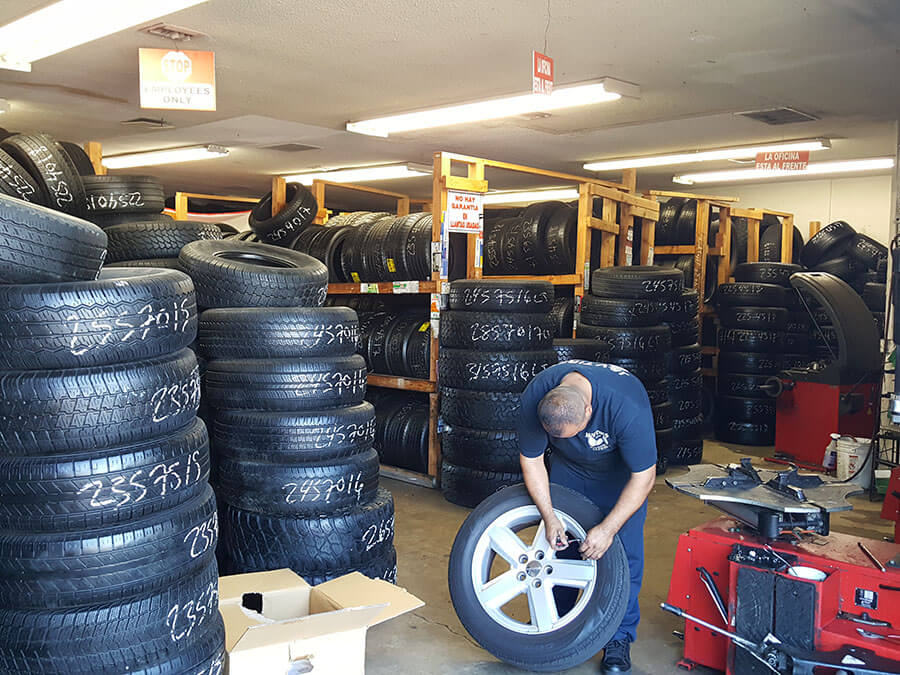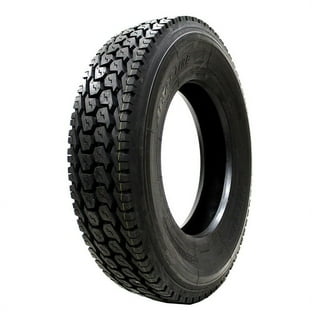Morris Tire and Alignment: Your Trusted Source for Reliable Service
Tire Service: Recognizing Tire Stress Surveillance Systems
Understanding Tire Stress Tracking Equipments (TPMS) is a vital facet of preserving optimum vehicle performance and safety on the road. With advancements in vehicle technology, TPMS has come to be a basic function in modern-day cars, supplying real-time details on tire pressure degrees.

Importance of TPMS
The importance of Tire Stress Surveillance Equipments (TPMS) exists in their capacity to improve vehicle security and efficiency via real-time surveillance of tire pressure degrees. Keeping the correct tire pressure is important for making certain optimal handling, stopping, and total safety and security of a lorry. TPMS provides drivers with prompt feedback on any underinflated or overinflated tires, permitting timely adjustments to be made.
Elements of TPMS
Making up numerous crucial aspects, a Tire Stress Tracking System (TPMS) operates as an innovative safety function in modern vehicles. The major elements of a TPMS include sensing units, a control module, and a caution indicator. Sensing units are normally located in the tire shutoff stem or affixed to the wheel assembly, where they gauge tire pressure and send data to the control component. The control module processes this details and triggers a caution if it spots dramatically low stress in any of the tires. The caution indicator, typically an icon on the dashboard, signals the chauffeur to examine the afflicted tire or tires. Some progressed TPMS designs additionally show the real tire stress readings for every tire, providing chauffeurs with real-time details to ensure ideal tire efficiency and security. By checking tire stress continuously, TPMS assists protect against accidents, decreases tire wear, and boosts fuel performance, making it an important part for automobile safety and efficiency.
Sorts Of TPMS

On the other hand, indirect TPMS depends on the car's wheel rate sensing units to monitor tire stress. This system spots underinflation by contrasting the rotational speeds of the wheels. Indirect TPMS is much less pricey than direct TPMS, as it makes use of existing sensing units within the car.
While straight TPMS offers a lot more accurate readings, indirect TPMS is simpler in layout and normally requires less upkeep. Both systems have their limitations and benefits, and the selection between them commonly depends on aspects such as expense, automobile make, and individual preference. Comprehending the distinctions between these two kinds of TPMS can help automobile proprietors make educated decisions you could try here relating to tire upkeep and safety.
TPMS Upkeep Tips
Conduct routine checks on the tire stress degrees and compare them with the TPMS readings to ensure they are constant. Throughout tire rotation or substitute, make sure that the TPMS components are taken care of carefully to stop any prospective damages. If the TPMS warning light brightens on the dashboard, resolve the issue immediately by checking the tire stress and the general system for any kind of faults.
Benefits of Correct Tire Stress
Maintaining proper tire stress, as stressed in TPMS Upkeep Tips, is vital for reaping the many benefits associated with optimum tire stress levels. Additionally, appropriate tire stress makes sure even tire wear, expanding the life expectancy of the tires and promoting more secure driving conditions. In conclusion, the benefits of proper tire stress go beyond just tire longevity; they incorporate boosted gas performance, boosted safety and security, much see it here better vehicle efficiency, and overall driving convenience.
Verdict
In verdict, comprehending tire stress tracking systems (TPMS) is crucial for keeping optimal tire stress and making sure car security. By recognizing the value of TPMS, being acquainted with its elements, knowing the various kinds available, sticking to correct maintenance pointers, and realizing the advantages of keeping proper tire stress, motorists can enhance their driving experience and prolong the life expectancy of their tires. Correct tire pressure is essential to safe and reliable car procedure.
